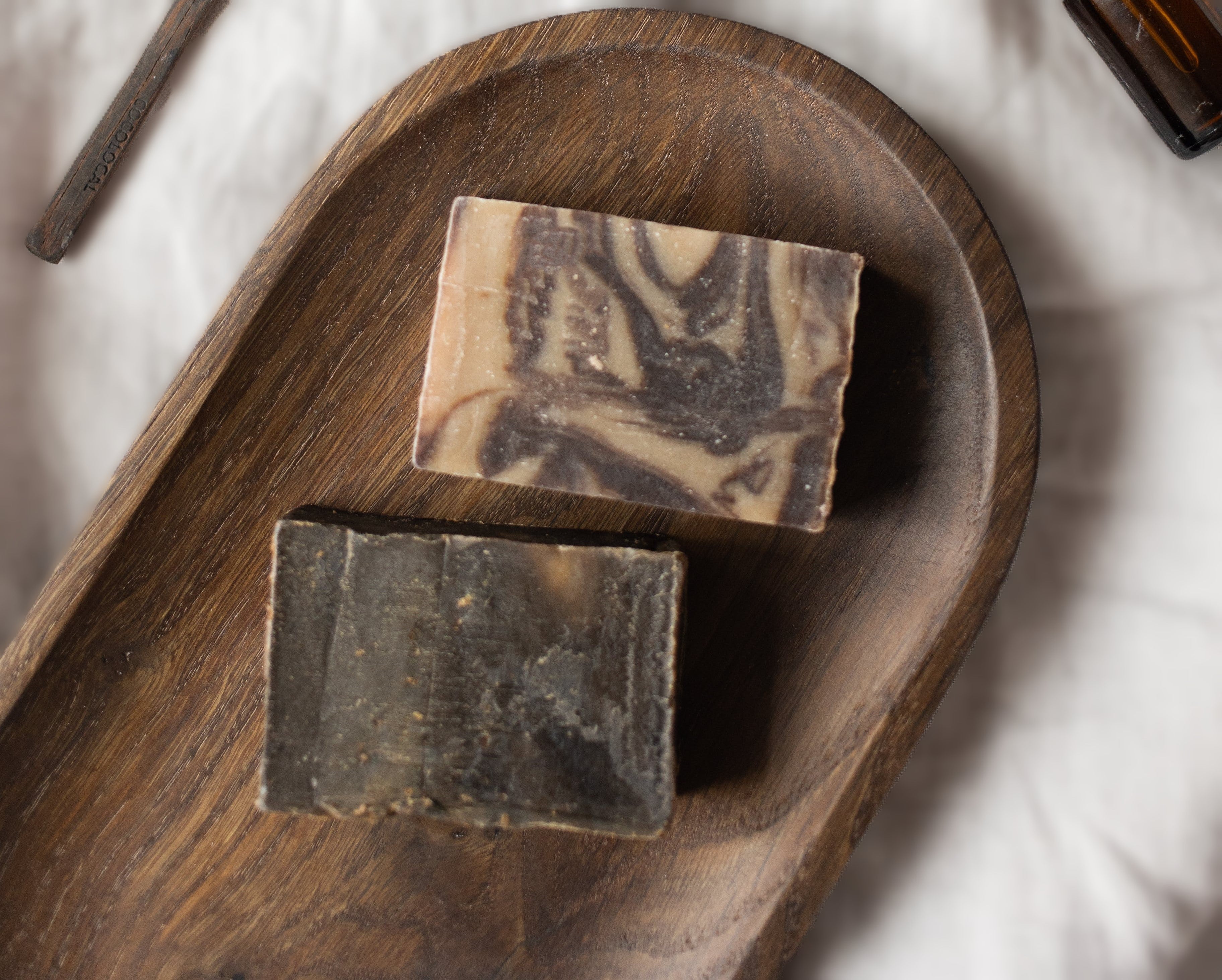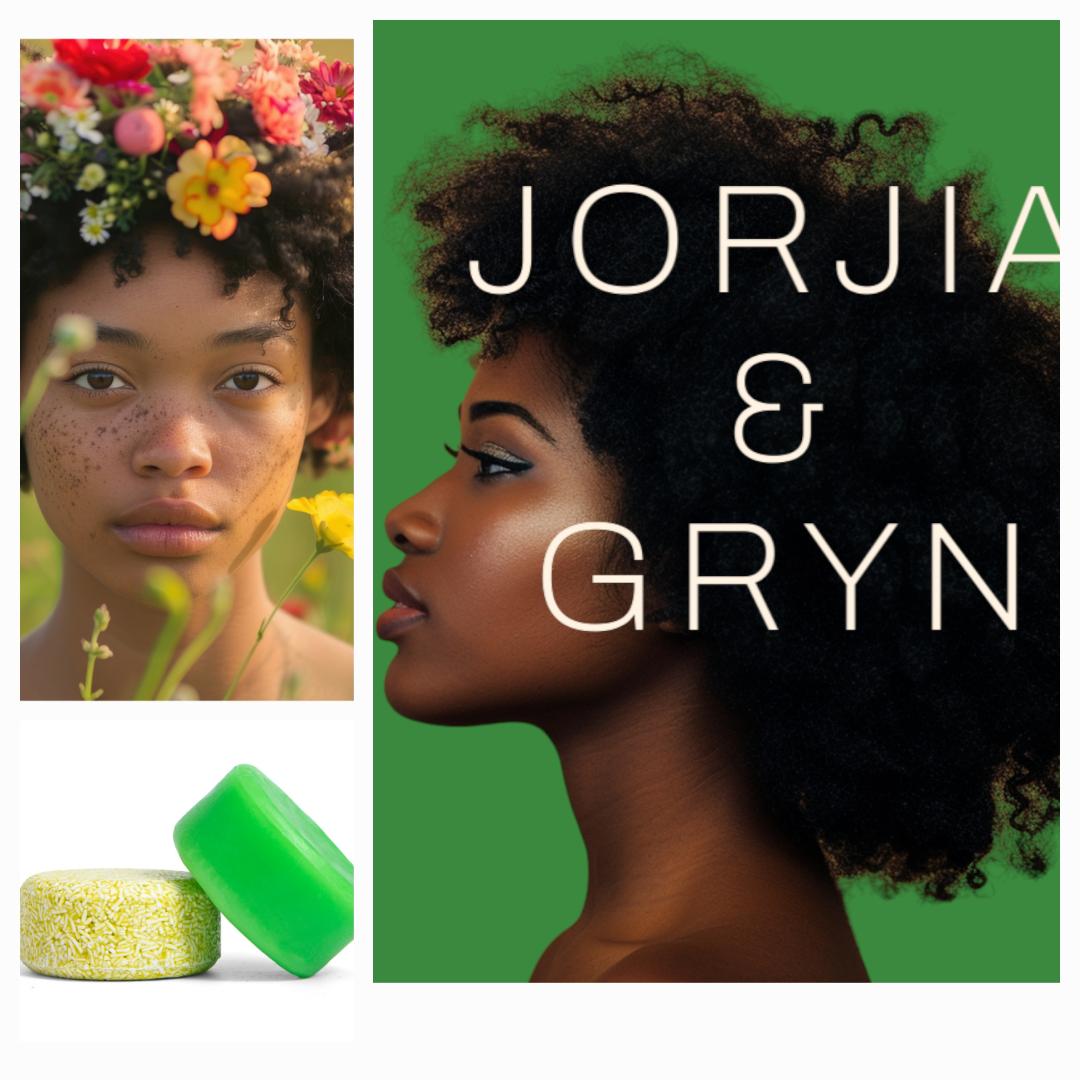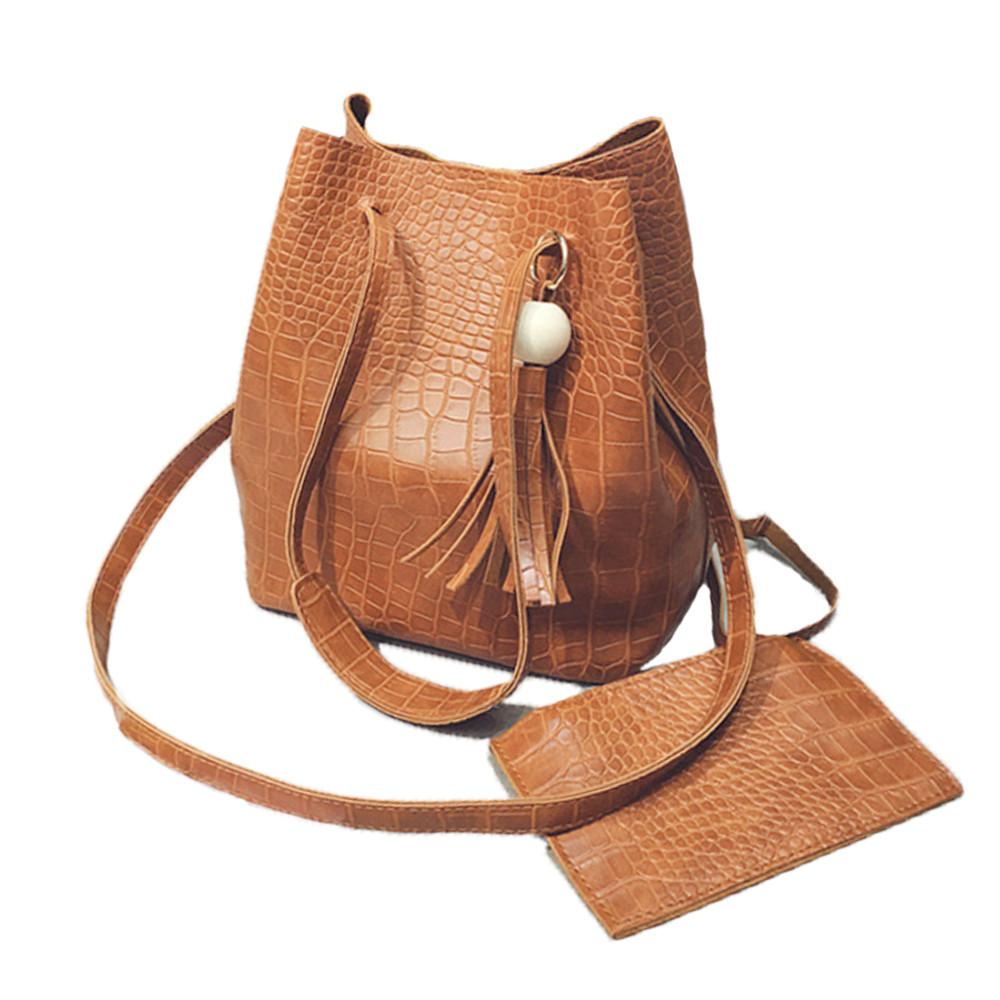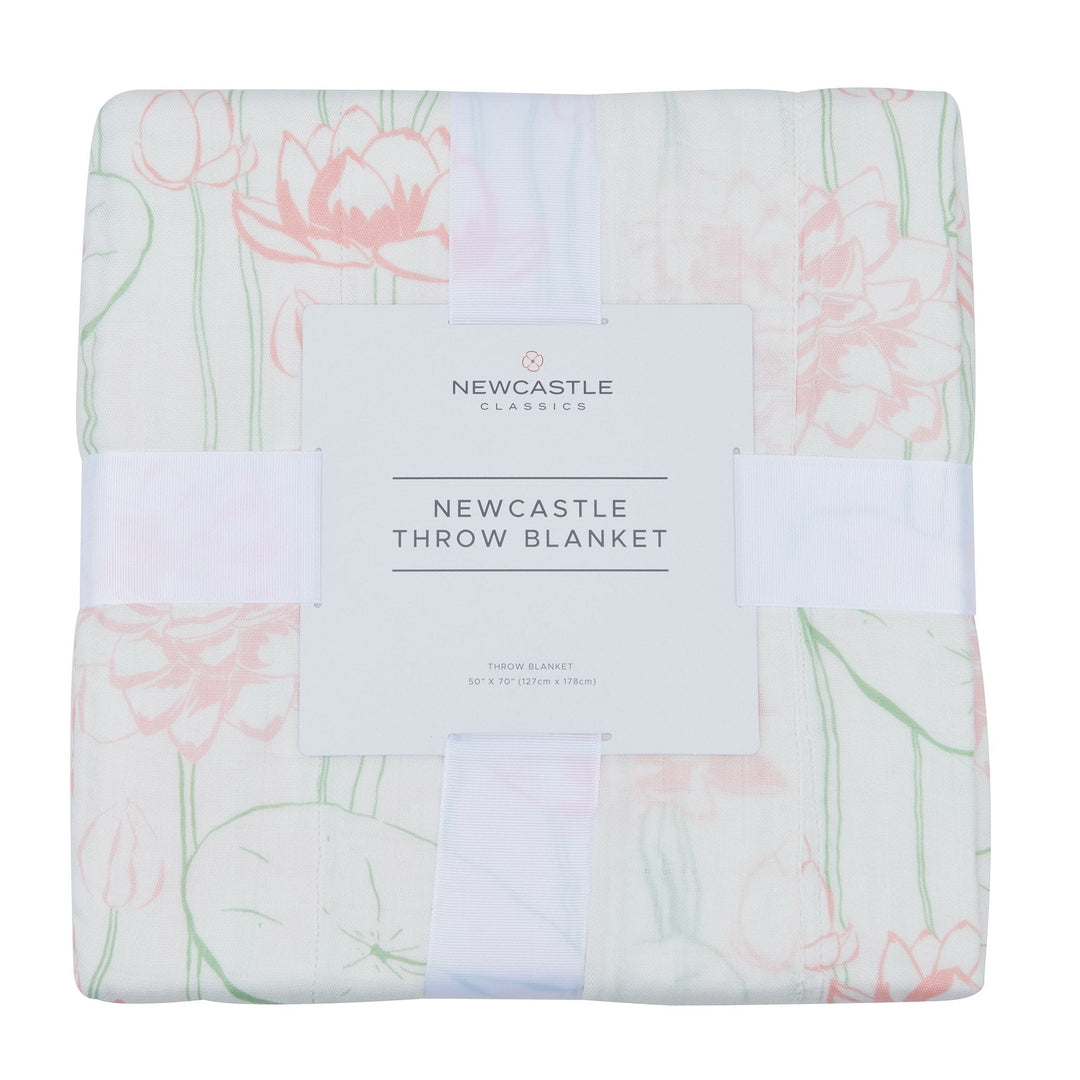Probiotics in Skincare: Science or Marketing Hype?

Understanding Probiotics in Skincare
Probiotics have long been celebrated for their benefits in gut health, but their role in skincare is emerging as one of the most exciting shifts in beauty science. With brands promoting microbiome-friendly formulations, consumers are left wondering: Is probiotic skincare a legitimate breakthrough, or just another buzzword riding the wellness wave?
What Are Probiotics in Skincare?
The skin, much like the gut, is home to a diverse ecosystem of bacteria that impact everything from hydration to inflammation. When this microbiome is imbalanced—often due to harsh cleansers, pollution, or overuse of active ingredients—issues like acne, sensitivity, and premature aging can arise. Probiotic skincare aims to restore balance by introducing beneficial bacteria, feeding the good microbes that already exist, or using fermented extracts that mimic the benefits of live cultures.
Some formulations include live probiotics, though stability remains a challenge, as bacteria are highly sensitive to heat and preservatives. More commonly, brands use lysates—essentially broken-down bacterial cells—or postbiotics, which contain the byproducts of probiotic fermentation. These can help reinforce the skin barrier, soothe inflammation, and regulate oil production without the risk of bacterial instability.
Does Probiotic Skincare Actually Work?
The science behind probiotic skincare is still evolving, but early research suggests promising benefits. Certain bacterial strains, such as Lactobacillus and Bifidobacterium, have been linked to a stronger skin barrier and improved hydration. Fermented extracts can increase the bioavailability of key nutrients, making it easier for the skin to absorb antioxidants and amino acids. Prebiotics, which act as food for good bacteria, are also gaining traction, helping to create an environment where beneficial microbes can thrive.
But not all probiotic skincare is created equal. Some brands slap the term “probiotic” on their labels without including ingredients that actively support the microbiome. It’s essential to look beyond the marketing and check for scientifically supported components like postbiotics, prebiotics, and well-researched bacterial strains.
The Connection Between Natural Ingredients and the Skin’s Microbiome
Beyond probiotics, certain plant-based ingredients naturally support a balanced microbiome. Turmeric is renowned for its anti-inflammatory properties, helping to calm irritation and redness. Pomegranate is rich in polyphenols, which can enhance the skin’s natural defenses against oxidative stress. Papaya enzymes provide gentle exfoliation while preserving the microbiome’s delicate balance. Sea kelp extract serves as a natural prebiotic, nourishing the good bacteria that maintain skin health. Fermented botanicals, increasingly used in clean beauty formulations, offer an added layer of microbiome support by enhancing nutrient absorption.
The Future of Probiotic Skincare
As research on the skin microbiome advances, the next generation of probiotic skincare is poised to become even more personalized. AI-driven microbiome testing may soon allow for probiotic formulations tailored to an individual’s unique skin environment. Scientists are also exploring ways to stabilize live probiotics in skincare without refrigeration, making them more practical for everyday use. Another emerging trend is synbiotic skincare—a blend of probiotics, prebiotics, and postbiotics designed to maximize microbial health.
Should You Invest in Probiotic Skincare?
For those struggling with sensitive skin, inflammation, or breakouts, microbiome-friendly skincare may be worth incorporating into a routine. While not every product labeled as probiotic delivers on its claims, formulations containing fermented extracts, prebiotics, and postbiotics offer real benefits. The key is to separate science from marketing and focus on quality ingredients that genuinely nourish the skin’s ecosystem.
The probiotic skincare movement is more than just a fleeting trend—it represents a shift toward a more holistic, science-backed approach to skin health. As beauty brands refine their formulations and microbiome research continues to evolve, probiotic skincare is set to play a lasting role in the future of clean beauty.
About the Author
Sienna Vale is a wellness writer passionate about holistic beauty, skincare science, and sustainable living. She explores the latest beauty innovations while embracing natural and microbiome-friendly solutions for skin health.
Sponsored by Bambu & Jutes
Stay informed on the latest in holistic beauty, sustainability, and microbiome science. Explore our insights at Bambu & Jutes.













